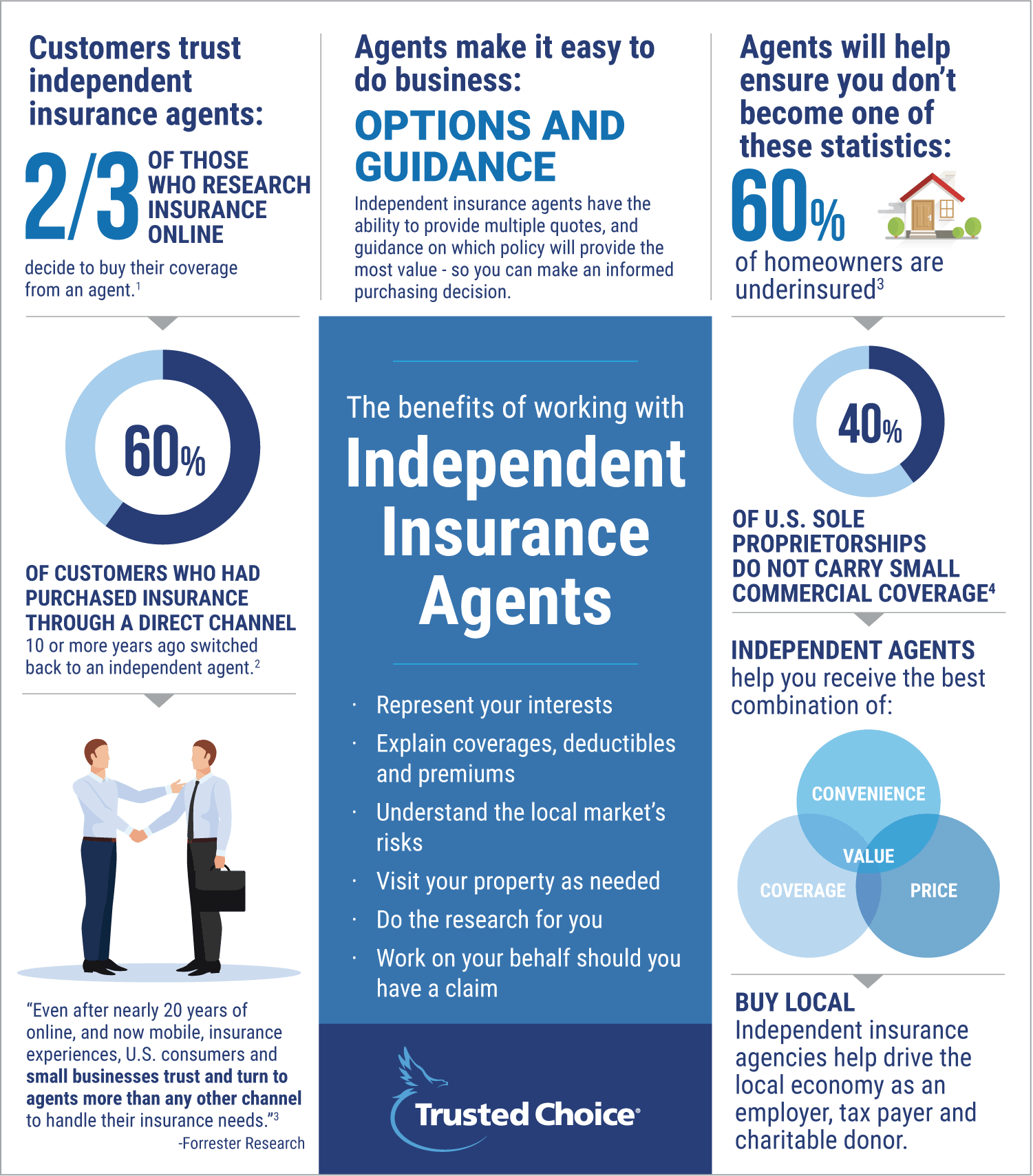Whole life and universal life insurance coverage are both thought about permanent policies. That means they're designed to last your whole life and will not expire after a certain period of time as long as needed premiums are paid. They both have the potential to collect money value with time that you might be able to borrow versus tax-free, for any factor. Since of this feature, premiums might be greater than term insurance. Entire life insurance coverage policies have a set premium, indicating you pay the same quantity each and every year for your coverage. Similar to universal life insurance, whole life has the possible to build up cash value with time, creating an amount that you might be able to obtain against.
Depending upon your policy's prospective cash worth, it might be used to avoid a premium payment, or be left alone with the prospective to build up value gradually. Prospective growth in a universal life policy will differ based on the specifics of your specific policy, along with other elements. When you buy a policy, the providing insurance coverage company develops a minimum interest crediting rate as outlined in your contract. Nevertheless, if the insurance provider's portfolio makes more than the minimum rates of interest, the company might credit the excess interest to your policy. This is why universal life policies have the possible to make more than an entire life policy some years, while in others they can make less.
Here's how: Since there is a money value element, you may have the ability to avoid exceptional payments as long as the cash worth is enough to cover your required expenditures for that month Some policies might enable you to increase or decrease the survivor benefit to match your particular situations ** In most cases you may borrow versus the money worth that might have collected in the policy The interest that you might have made over time collects tax-deferred Whole life policies use you a fixed level premium that won't increase, the prospective to build up money value over time, and a repaired survivor benefit for the life of the policy.
As a result, universal life insurance coverage premiums are typically lower during periods of high rates of interest than whole life insurance coverage premiums, frequently for the very same amount of coverage. Another key distinction would be how the interest is paid. While the interest paid on universal life insurance is often adjusted monthly, interest on a whole life insurance policy is generally adjusted yearly. This could mean that during periods of rising rate of interest, universal life insurance coverage policy holders may see their money worths increase at a quick rate compared to those in whole life insurance policies. Some individuals may choose the set survivor benefit, level premiums, and the capacity for growth of a whole life policy.
Although entire and universal life policies have their own unique features and advantages, they both concentrate on supplying your liked ones with the money they'll require when you pass away. By working with a qualified life insurance coverage agent or business representative, you'll have the ability to pick the policy that best fulfills your individual requirements, budget plan, and monetary goals. You can likewise get acomplimentary online term life quote now. * Offered necessary premium payments are timely made. ** Increases might undergo extra underwriting. WEB.1468 (What is comprehensive car insurance). 05.15.

How Much Car Insurance Do I Need Things To Know Before You Get This
You don't have to think if you must enroll in a universal life policy because here you can find out all about universal life insurance coverage pros and cons. It's like getting a sneak peek before you buy so you can decide if it's the right kind of life insurance coverage for you. Keep reading to discover the ups and downs of how universal life premium payments, cash value, and death advantage works. Universal life is an adjustable kind of permanent life insurance coverage that allows you to make changes to 2 main parts of the policy: the premium and the death advantage, which in turn impacts the policy's money worth.
Below are a few of the overall pros and cons of universal life insurance coverage. Pros Cons Developed to offer more versatility than whole life Doesn't have the guaranteed level premium that's offered with whole life Money worth grows at a variable interest rate, which could yield higher returns Variable rates also mean that the interest on the cash worth could be low More opportunity to increase the policy's money worth A policy typically needs to have a positive money value to stay active One of the most attractive functions of universal life insurance coverage is the ability to pick when and how much premium you pay, as long as payments fulfill the minimum quantity needed to keep the policy active and the Internal Revenue Service life insurance coverage standards on the maximum amount of excess premium payments you can make (What is insurance).
But with this versatility likewise comes some downsides. Let's review universal life insurance coverage advantages and disadvantages when it comes to altering how you pay premiums. Unlike other types of permanent life policies, universal life can change to fit your monetary needs when your money flow is up or when your budget is tight. You can: Pay greater premiums more frequently than needed Pay less premiums less often and even avoid payments Pay premiums out-of-pocket or utilize the money value to pay premiums Paying the minimum premium, less than the target premium, or skipping payments will adversely affect the policy's money worth.